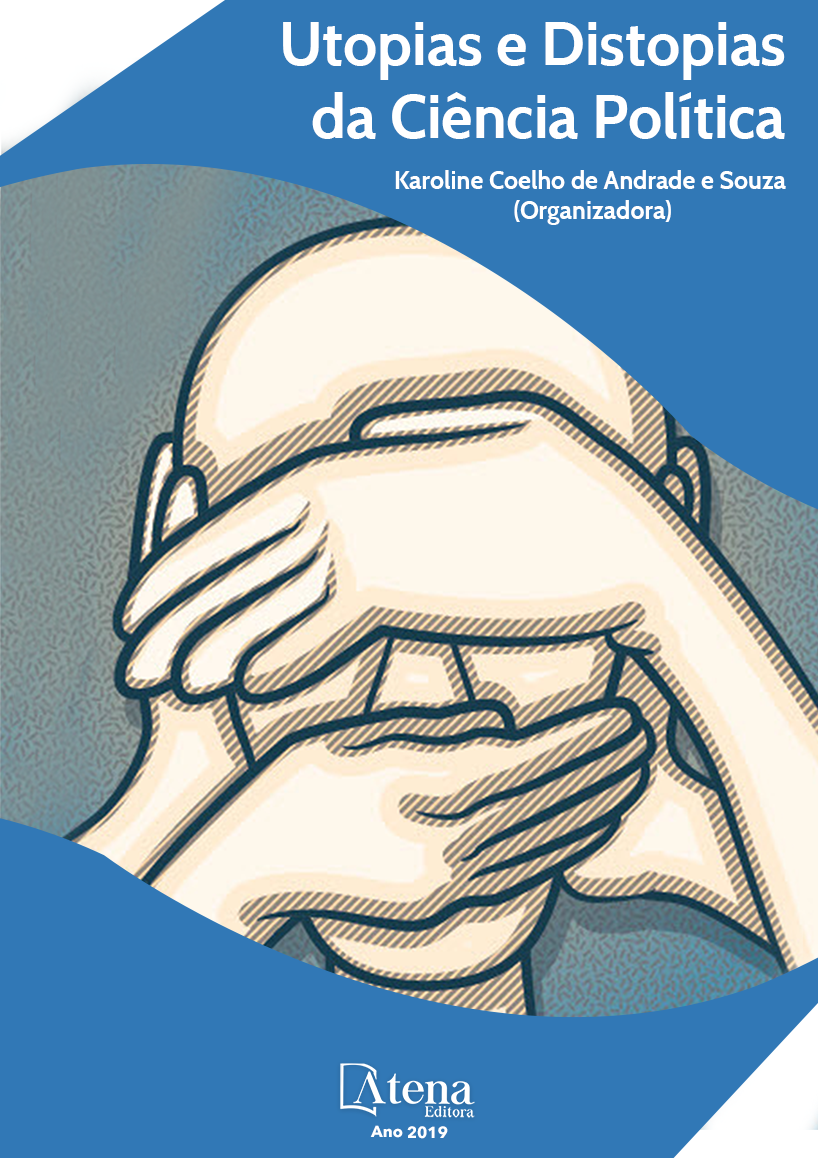
MIDIA E DEMOCRACIA: RELAÇÕES DE PODER NA NARRATIVA JORNALÍSTICA SOBRE O TRABALHO DOMÉSTICO
O presente artigo discute a
abordagem utilizada pelo noticiário jornalístico
empresarial para tratar da regulamentação do
trabalho doméstico. O intuito é refletir sobre a
definição de sentidos, estereótipos e assimetrias
que tais narrativas podem reforçar a partir dos
enfoques adotados. A difusão desigual e seletiva
de acontecimentos, o desequilíbrio de vozes, a
naturalização de papeis sociais no noticiário, a
ênfase para determinados enfoques e atributos
afetam compreensões sobre a representação
social, o que torna as reflexões sobre os
meios de comunicação de massa um tema de
permanente relevância sobre as democracias
contemporâneas. O texto pretende observar
as posições de fala e as relações de poder
presentes na narrativa jornalística a partir de
uma pesquisa empírica sobre a cobertura
noticiosa envolvendo a Proposta de Emenda
Constitucional conhecida como a “PEC das
domésticas” e as conexões com questões
como a divisão sexual e racial do trabalho,
subalternidade do trabalho doméstico e a
naturalização de perspectivas sociais desiguais
definidas pelo gênero, raça e classe social. As
conclusões do artigo, mais do que oferecer
posições definitivas, pretendem contribuir para
os estudos sobre mídia, democracia e relações
de poder, uma vez que os dados reforçam
análises que apontam os limites do pluralismo
social no discurso jornalístico. Em geral, essa
presença é assimétrica e hierarquizada. Ao
observar especificamente como o trabalho
doméstico é tratado no noticiário, verifica-se
a naturalização de determinadas posições de
poder e o reforço de subalternidades de gênero
e raça, além de evidenciar desigualdades na
valoração do trabalho doméstico.
MIDIA E DEMOCRACIA: RELAÇÕES DE PODER NA NARRATIVA JORNALÍSTICA SOBRE O TRABALHO DOMÉSTICO
-
DOI: 10.22533/at.ed.27019160911
-
Palavras-chave: mídia; gênero e política; democracia e desigualdades interseccionais; trabalho doméstico remunerado.
-
Keywords: media, gender and politics; democracy and intersectional inequalities; paid domestic work.
-
Abstract:
This article discusses the approach used by business journalism to deal
with the regulation of domestic work. The intention is to reflect on the definition of
meanings, stereotypes and asymmetries that such narratives can reinforce from the
approaches adopted. The unequal and selective diffusion of events, the imbalance
of voices, the naturalization of social roles in the news, the emphasis on certain
approaches and attributes affect understandings about social representation, which
makes reflections on the mass media a topic of permanent relevance to contemporary
democracies. The text intends to observe the positions of speech and the relations
of power present in the journalistic narrative from an empirical research on the news
coverage involving the Proposal of Constitutional Amendment (PCA) known as the
“Household PCA” and the connections with questions like the sexual and racial division
of labor, the subalternity of domestic labor and the naturalization of unequal social
perspectives defined by gender, race, and social class. The conclusions of the article,
rather than offering definitive positions, are intended to contribute to studies on media,
democracy and power relations since the data reinforce analyzes that point the limits
of social pluralism in journalistic discourse. In general, this presence is asymmetric and
hierarchical. By specifically observing how domestic work is dealt with in the news,
one finds the naturalization of certain positions of power and the reinforcement of
subalternities of gender and race, as well as showing inequalities in the valuation of
domestic work.
-
Número de páginas: 15
- Denise Maria Mantovani
- Renan da Silva Rodrigues Almeida


